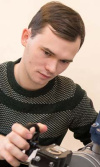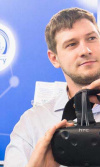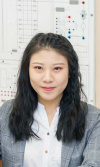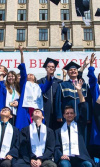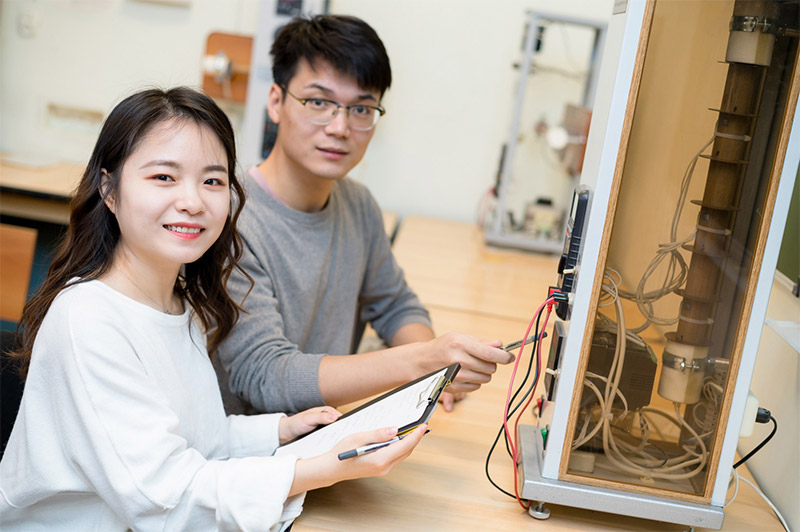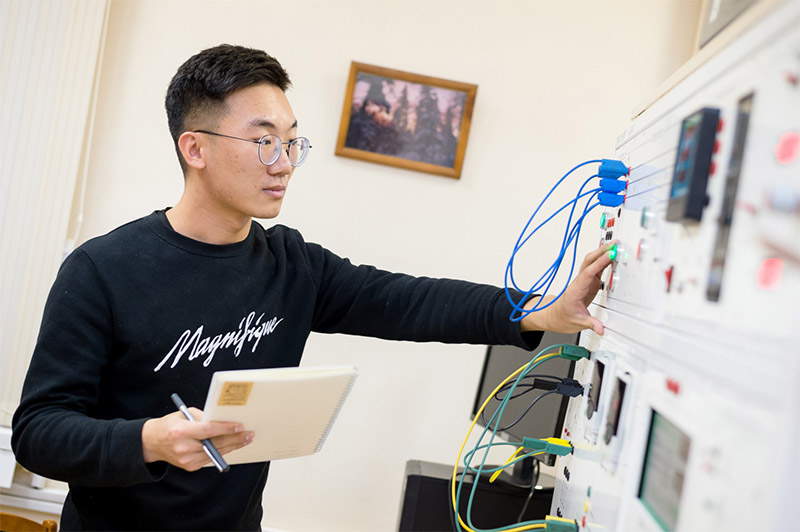Master’s Degree Programs
Heat Power Engineering, MSc
(Сode 13.04.01)
Program description:
The aim of this degree program is to equip students with technical expertise and hands-on experience that will allow them to work as energy engineers in oil and gas industry, civil and industrial construction, in the industrial sector using heat from renewable energy sources. Students will be well versed in thermodynamics, gas dynamics, fluid dynamics and heat transfer, cooling and refrigeration. They learn to design, operate and maintain pump stations, electrical generators, HVAC systems, steam, wind and gas turbines, diesel engines, distributed energy systems. The scope of the program is 120 ECTS.
Master students are encouraged to undertake research alongside expert SUSU scholars and disseminate results through the Scopus/Web of Science indexed journals. The program cooperates closely with regional, national and international energy providers to ensure that students get hands-on experience through internships. The teaching methods include operation and maintenance of equipment, data-driven product design, simulations and project-based learning introducing students to real-life energy problems such as smart city infrastructure development, optimization of efficiency of giant wind turbines, development of energy-efficient heat power stations, designing digital twins for electric drives.
Electric Power Engineering, MSc
(Code 13.04.02)
Program description:
The aim of this degree program is to enable students to develop complicated engineering and managerial solutions in design, management and operations of automated electric drive systems, smart industrial networks, electrical power networks with distributed generation, energy-related materials and technologies.
The scope of the program is 120 ECTS. Within the program, there are several branches of study: “Electric drives”, “Renewable energy and distributed power generation”, “Electric power systems” , “Automation and Control in industrial machinery and processes”. Students conduct state-of-the art research in close collaboration with our staff and disseminate their findings through refereed academic journals, some of which are SUSU journals. The teaching methods include operation and maintenance of equipment, data-driven product design, simulations and project-based learning, which introduces students to real-life energy problems such as smart city infrastructure development, optimization of efficiency of giant wind turbines, development of energy-efficient heat power stations, designing digital twins for electric drives.







